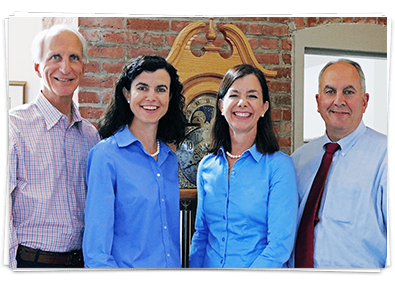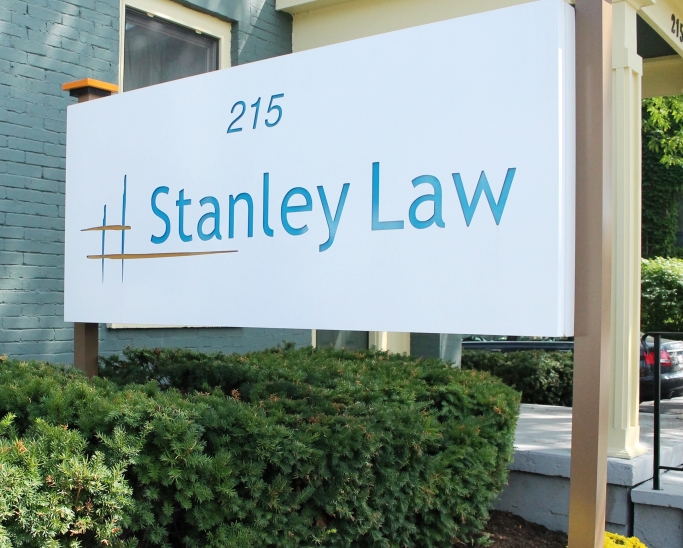The golden years are a special time. However, elder abuse can be a problem in some nursing homes. Here are some ways that you can spot and stop elder abuse.
Putting your loved one in a nursing home wasn’t an easy decision—when you finally settled on a facility, you trusted that your relative would be cared for and loved. However, sometimes that doesn’t always happen, and your loved one can end up becoming a victim of elder abuse.
Knowing the signs of mistreatment, what actions you can take, and whether you need a nursing home abuse lawyer is important. Take a look at how to spot elder abuse and what you can do to protect your family.
Signs of Elder Abuse and Neglect
Whether your loved one suffers from a form of dementia or a degenerative disease, spotting abuse isn’t always easy. Sometimes the abuser will make immediate threats to your family, withhold medication, emotionally manipulate your loved one, or even get physical. Signs that your loved one may be in trouble include:
– Loss of appetite
– Visible fear
– Signs of depression or isolation
– Unexplainable bruising, bed sore, or signs of physical abuse
– Malnutrition or dehydration
Another thing you should look for is items that may be missing such as candy, money, or even clothing. Often, an abuser will take something valuable as a way to emotionally rattle a resident. Be mindful of what personal belongings your loved one brought to the nursing home.
Take Preventative Measures
The best course of action is preventative action. Before having to find the need to call a nursing home abuse lawyer, there are a few things you can do to protect your loved one. For example, don’t inform the staff when you’re coming for a visit. Also, have a safe word or phrase that your loved one can use in front of the abuser. This way, they can still bring it up even if they are too afraid to talk about it in front of the nursing home employee.
What to Do if You Suspect Elder Abuse
If you suspect that someone is abusing your loved one, contact the local authorities immediately. In most instances, elder abuse is reported to Adult Protective Services. In more severe cases, law enforcement will need to be called. Keep thorough documentation such as statements and pictures—these will come in handy during an investigation.
If your case is founded, contact a nursing home abuse lawyer. They specialize in cases such as these to ensure that this type of behavior doesn’t happen.














